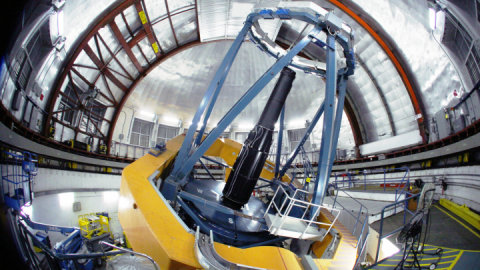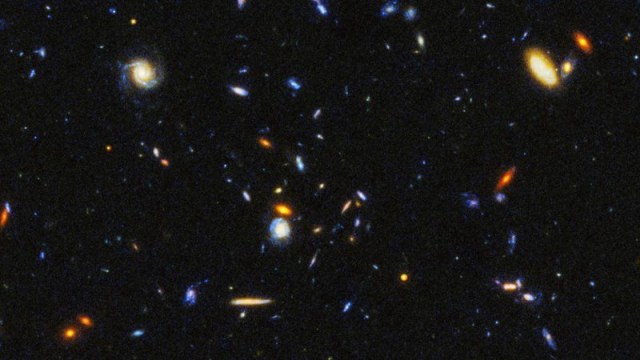Starts With A Bang #61 — Astronomical Instruments And Injustices

A far-ranging conversation about telescopes, what they do, and who they impact.
When most of us think of astronomy, we think about two types of scientists: the observers who point their telescopes at the sky and collect data, and the theorists who put together the physical rules of the Universe to both make critical predictions for what those observational results ought to yield and to interpret the data that comes in. But in reality, there are other important types of astronomers that we don’t talk about frequently: analysts who focus on dealing with these literally astronomical data sets and the people who work on (and with) the instrumentation itself. This includes telescope and instrument builders, telescope operators and system specialists, and many other vital roles.
Additionally, the science of astronomy isn’t just about the science itself, but also questions important for the interplay of science and society. Whose land are these telescopes on? What does responsible stewardship look like? Who has access to these facilities, and who has equal (and unequal) access to the career paths of becoming a scientist?
I’m so pleased to have astronomer Jess Schonhut-Stasik on the show, for a wide-ranging discussion about astronomy, from instruments to injustices and how the big questions about science and society are creating not only incredible dilemmas for astronomy, but an incredible opportunity to get things right. Have a listen today, and check out the fabulous Mauna Kea Scholars program that she’s involved with here: maunakeascholars.com
(With permission, her email address associated with inquiries about the program is here: j.stasik@ukirt.hawaii.edu)
Starts With A Bang is written by Ethan Siegel, Ph.D., author of Beyond The Galaxy, and Treknology: The Science of Star Trek from Tricorders to Warp Drive.




